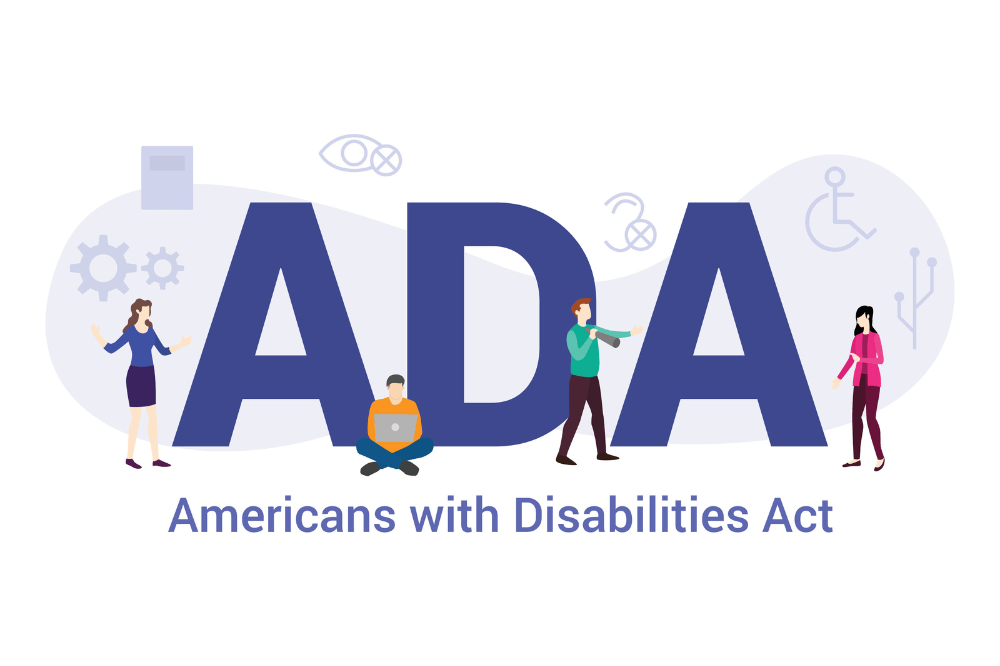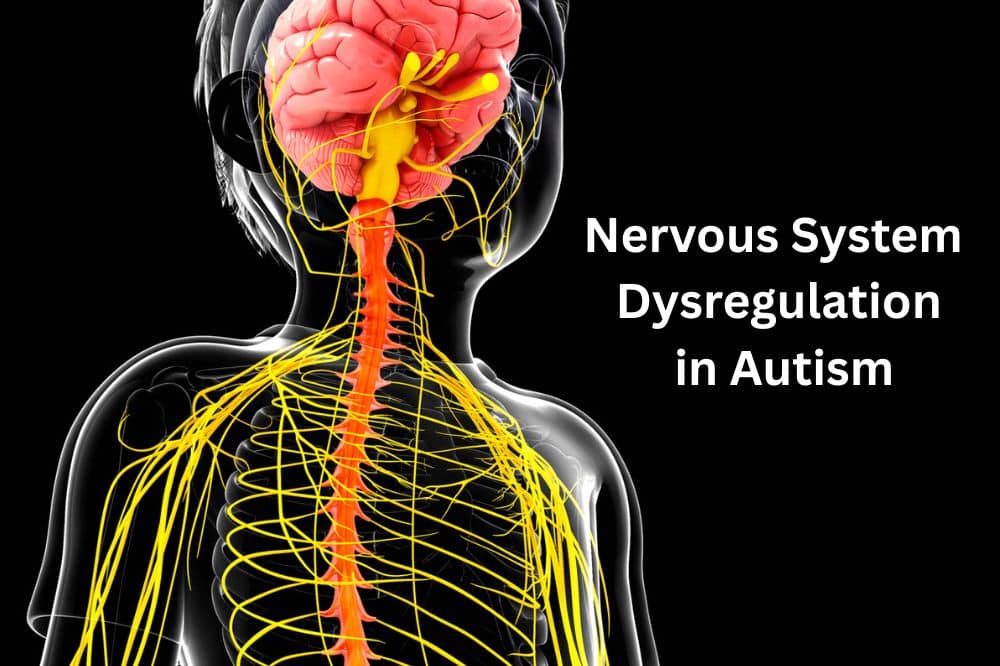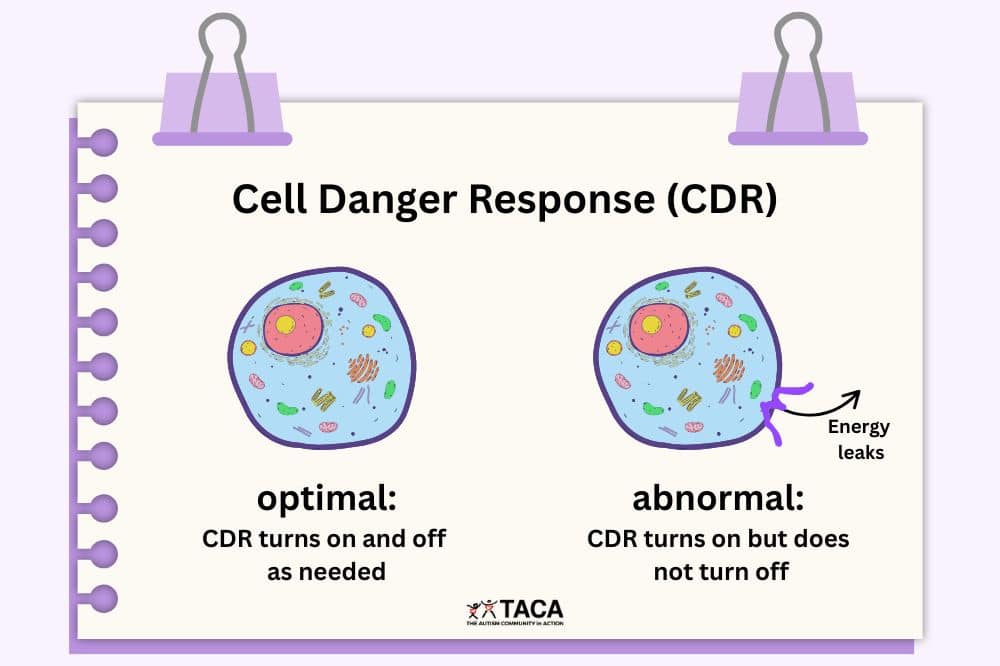Employment

All contents of this resource were created for informational purposes only and are not intended to be a substitute for professional advice, diagnosis, or treatment. Always seek the advice of your physician, therapist, or other qualified health providers with any questions or concerns you may have.
Ensuring successful employment for individuals with autism often requires an integrated approach involving the individual, their employer, and the community. Meanwhile, federal legal protections from the Americans with Disabilities Act (ADA) ensure fair employment opportunities. In this article, we will discuss the following:
- The Americans with Disabilities Act (ADA)
- Tips for Successful Employment
- Navigating Discrimination
- Types of Employment Opportunities

The Americans with Disabilities Act (ADA)
Signed into law in 1990, the ADA prohibits discrimination against individuals with disabilities in all areas of public life, including jobs, schools, transportation, and all public and private places open to the general public. Autism, classified as a developmental disability, is included under the ADA’s umbrella, allowing autistic individuals to enjoy the same employment rights as anyone else. Learn more at ada.gov
Disclosing Your Diagnosis
- The decision to disclose an autism diagnosis is personal.
- Many people fear discrimination.
- However, disclosure is necessary to receive ADA accommodations.
- Think about whether you feel you will need legal discrimination protections and accommodations to succeed in your job.
- It is important to note that under ADA, an employer cannot ask about a disability during the hiring process.
- Disclosure is entirely voluntary.
- A person should do what they feel comfortable doing.
Requesting Accommodations
- An essential part of the ADA is the provision for “reasonable accommodations.”
- Remember, what is considered “reasonable” depends on the employer’s specific situation, size, and resources.
- Accommodations that cause undue hardship (expense or significantly difficult) for an employer are not considered reasonable.
- Accommodations are modifications or adjustments to a job or work environment that creates an equal employment opportunity for qualified individuals with disabilities.
- However, to access accommodations, a person must first disclose their diagnosis and request them.
- Read more about job accommodations from the Job Accommodation Network
ADA and OSHA
- The ADA interacts with other federal regulatory agencies, including the Occupational Safety and Health Administration (OSHA).
- OSHA is responsible for ensuring safe and healthy working conditions.
- While OSHA provides guidelines for a safe work environment, ADA ensures equal employment opportunities.
- However, if an accommodation under ADA leads to an unsafe working environment, it violates OSHA standards.
- Generally, safety concerns take precedence over ADA accommodations.
- For example, if a workplace required safety goggles but it was a sensory issue for an individual. Despite the ADA, that individual would still be required to wear safety goggles.

Tips for Successful Employment
Having a successful employment experience extends beyond legal protections. It often entails a holistic approach by the individual, family, employer, and community.
Choose a Suitable Job
- Every individual with autism is unique in their strength, interests, and needed support.
- IEP Transitioning Planning in high school helps students learn job, social and self-advocacy skills needed for employment.
- Additionally, exploring different employment opportunities allows individuals to identify preferences and skills that would suit them in a job.
- Learn more by reading TACA’s article on Job Skills
Utilize Vocational Rehabilitation Services
- Vocational Rehabilitation services can provide training, job coaches, job placement, and other on-the-job supports.
- These resources are available to anyone with a disability in your state.
- Read and learn more about Vocational Rehabilitation services.
Request Reasonable Accommodations
- After disclosing a diagnosis to an employer, a person can then access ADA provisions for reasonable accommodations.
- Do not hesitate to ask for what you need.
- For example, a quiet workspace, flexible hours, detailed written instructions, and software programs for voice-to-text.
Practice Social Interactions
- Workplaces are social environments.
- Role-playing and Social Stories ™ can help autistic individuals prepare for workplace social situations.
- For instance, scenarios may include attending meetings, working on a team project, or participating in casual chats.
- Read TACA’s article on Social Skills to learn more.
Focus on Self Care
- Managing stress and sensory overload is crucial.
- Chronic stress, sensory overwhelm, and inadequate support can lead to autistic burnout.
- Be proactive in requesting accommodations and support at work.
- Above all, get adequate rest, eat well, stick to a routine, and have strategies to manage sensory issues.
Maintain Open Communication
- Indeed, keep open communication with your manager and co-workers.
- Address any concerns or misunderstandings directly.
- Encourage inclusive practices with an employer, such as diversity training.
- After all, other people will not know how to support you best if you do not tell them!
Navigating Discrimination
Despite legal protections, the sad reality is that some autistic individuals might face discrimination at their workplace or find that their employers are refusing to provide reasonable accommodations. If you or your child finds themselves in such a situation, knowing the necessary steps is essential.
Communication
- To begin with, have a clear conversation with the employer or Human Resources department.
- Sometimes, misunderstandings can occur that are perceived as discrimination.
- Please always make sure you communicate your needs and concerns, preferably in writing.
Document Everything
- Keep a record of all interactions related to requesting accommodations or any cases of discrimination.
- This includes emails and handwritten notes.
- If you have an in-person conversation, follow it up with an email re-stating what was said in the conversation.
- Documentation is crucial if you need evidence of discrimination.
Consult an Attorney
- You may want to consult with a knowledgeable attorney if you are facing discrimination.
- Specifically, find someone specializing in disability rights and ADA law to guide you through your legal options.
File a Complaint
- You can file a complaint with the US Equal Opportunity Commission (EEOC).
- To clarify, the EEOC is a federal agency responsible for enforcing ADA.
- It is important to note that complaints must be filed within 180 days of the incident.
Legal Action
- If the EEOC investigation finds the complaint valid, the employee typically has two options.
- EEOC will take legal action against your employer on your behalf.
- EEOC will issue you a “right to sue” letter, and you can take your employer to court.
- Remember, under ADA, it is illegal for employers to retaliate against their employees for filing a complaint.
- As stated above, you would need documentation to prove retaliation.

Types of Employment
Finding the right job for an individual with autism depends on their unique strengths, interests, and abilities. The spectrum of opportunities is broad, from full-time employment in traditional business environments to supported employment options and entrepreneurship.
Traditional Employment
- Individuals with autism, just like anyone else, can excel in a traditional work environment.
- It is important to pursue job training and employment in a field that aligns with your interests and abilities.
- Employers are increasingly recognizing the value of inclusive hiring practices.
Supported Employment
- For some people with autism, independent traditional employment may not be feasible.
- In these cases, supported employment offers accommodations and support to make employment more accessible.
- Specifically, these supports may include a job coach or a structured work group.
- A job coach is a professional that helps individuals with disabilities learn and perform their work duties.
- A structured work group, also known as an enclave or work crew, is a small team of individuals with disabilities that work together to do a job.
- A job coach supervises these groups.
Customized Employment
- Usually, customized employment happens when a family negotiates a tailor-made job role to fit the needs of their loved one with autism.
- Job responsibilities can be modified to match the individual’s strengths and needs.
- Additionally, family members may provide the needed supervision at no cost to the employer.
Entrepreneurship
- Families and autistic individuals may choose to start a business.
- This allows flexibility and the ability to focus on a particular area of interest.
- When choosing to start your own business, creating a business plan for success is important.
- Build a business plan.
- Consult with a lawyer or business advisor on legal requirements for starting a business.
- Grants and loans may be available for businesses owned by individuals with disabilities.
- Network with other families that have done the same to learn valuable insights.
- Social media is an excellent tool for reaching your target business audience.
- As always, the individual with autism should be included in the process.
Volunteer Work
- Volunteering is a fantastic way to learn job skills and prepare for employment.
- While not paid, it allows individuals to gain experience and contribute to their community.
- Sometimes, volunteering can lead to paid employment.
Conclusion
Remember, successful employment is not just about finding a job—it’s about finding the right job and establishing a supportive and inclusive environment. The Americans with Disabilities Act (ADA) is a powerful tool that parents and individuals with autism can leverage to ensure they have equal employment opportunities. Understanding the full range of employment opportunities can help families and individuals with autism choose the right path.
Additional Resources
TACA: Inclusive Practices for Employers
Organization for Autism Research (OAR): Hire Autism




